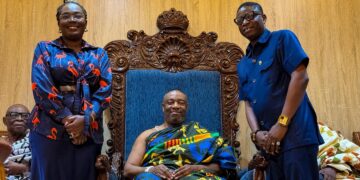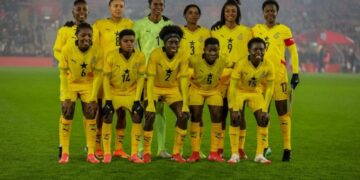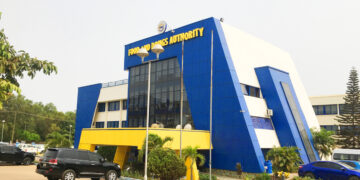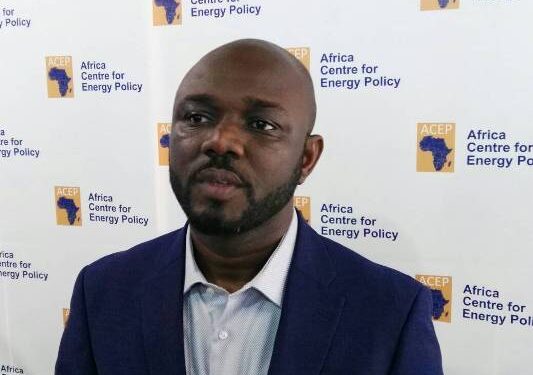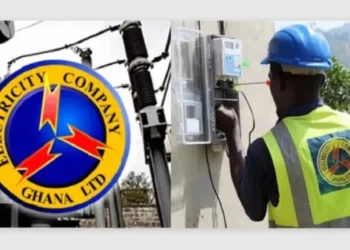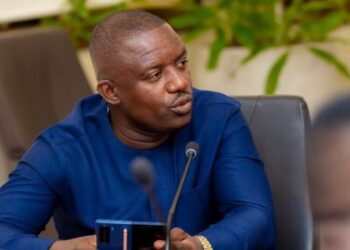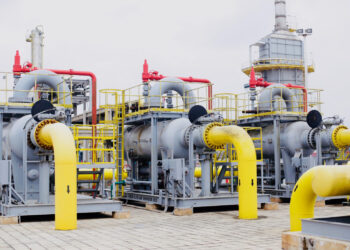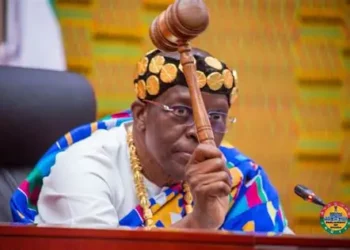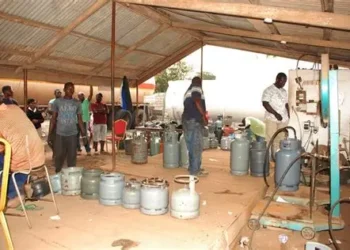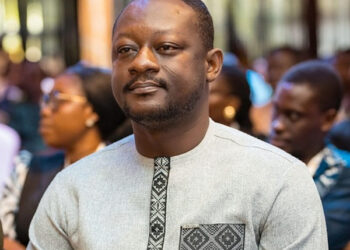Rumors circulating within the National Democratic Congress (NDC) suggest that Benjamin Boakye, Deputy Executive Director at the Africa Centre for Energy Policy (ACEP), is lobbying for the position of Deputy Energy Minister in Mahama’s upcoming second term administration.
This development has reportedly caused unease among some party executives, who view such an appointment as a slight to loyal party members.
Sources within the energy sector indicate that Ben Boakye is being touted as an ideal candidate for the role, with proponents highlighting his unrelenting critique of the current government’s energy policies. Some argue that his efforts have significantly damaged the credibility of Nana Addo Dankwa Akufo-Addo’s administration in the energy sector, making him a valuable asset to the NDC’s next government.
However, the prospect of appointing an “outsider” to such a high-profile position has sparked anger among a faction of NDC national executives. Speaking on condition of anonymity, one executive claimed to have credible information that Boakye is actively lobbying for the role with the support of notable figures within the party.
“I am aware that the ACEP guy, Ben Boakye, is using people like ASEPA’s Mensah Thompson and COPEC’s Duncan Amoah to lobby for the Deputy Energy Minister position. We will not allow any outsider to take such a juicy role while loyal members who have toiled for the party remain sidelined,” the executive stated.
This sentiment reflects a broader concern among some party stalwarts, who believe that appointments to key positions should prioritize those who have remained steadfast in their loyalty to the NDC, especially during challenging times.
Proponents of Boakye’s candidacy argue that his expertise and public advocacy have contributed significantly to exposing the weaknesses in the NPP government’s energy policies, making him a valuable addition to any administration focused on reforming the sector.
The issue raises questions about how the NDC balances meritocracy with loyalty in its appointments. As the party prepares for a potential return to power, these internal debates underscore the challenges of maintaining unity while forming a capable and inclusive government.

